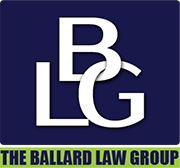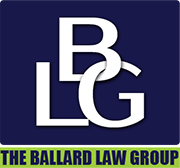1. Signing Someone Else’s Name on a Check
It’s not uncommon for a parent to sign their child’s name for them while they're away, or vise versa if the parent is old and incapacitated. Even if it was done with the best intentions, this is still considered forgery. The only way around this is if the power of attorney is in effect. Although you may think it’s not a big deal, know that what you’re doing is still a crime.
2. Writing ‘Bad’ Checks
A check that is tied to an account that you know has no money in it is considered a bad check, and writing one, knowingly or not, is illegal. Many banks and credit unions offer overdraft protection to prevent your checks from bouncing when your account is low on funds.
Continually writing bad checks can have serious consequences. Not only can you be prosecuted for them, but you can also have your name put on a list of bad check writers. Being added to this list can make it more difficult to have your checks accepted and open new bank accounts.
3. Using Someone Else’s Identity to Obtain Credit
This may seem like an obvious one, but there are instances where some people feel justified in doing this. Consider a parent who has a bad credit score. They may decide to use their child’s identity to open a new credit account.
Now their child is unknowingly accumulating debt and has lost control over his or her credit. Even if you think the other person would be okay with it, posing as someone else is always illegal.
4. Lying on a Home Loan Application
People looking to refinance on their homes may feel tempted to inflate their income or hide some of their debts to seem more secure than they actually are. This is fraud and if you’re found out, you can bet that you wish you hadn’t lied in the first place. Lenders will do a background check on you once your application is filed, so it’s safe to assume that if something doesn’t match up, you’ll be hearing from them.
Besides, taking out a loan that you may not be able to afford is never a good idea. It’s always better to shop within your budget.
5. Copying U.S. Currency
Using counterfeit currency to pay for goods and services is something that most people know is illegal, but you may be surprised to learn that it is okay to copy currency while following certain guidelines.
The U.S. Secret Service says that you can copy currency if it’s at least 150% larger or 75% smaller than the actual size. And if you print it in color, it can only be on one side.
Please refer to our Atlanta Bankruptcy FAQ for additional information regarding our bankruptcy services.

